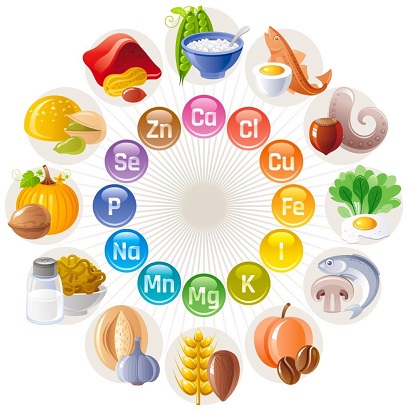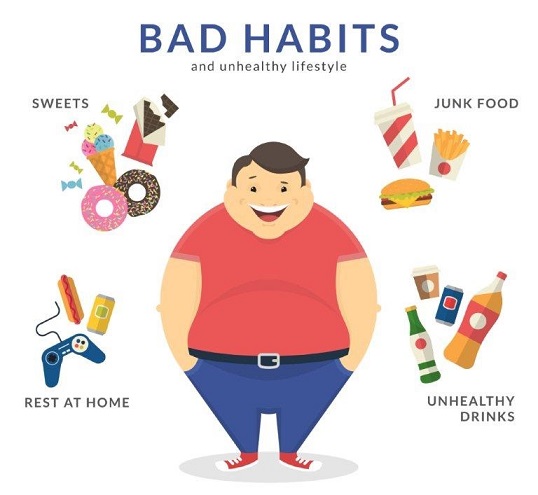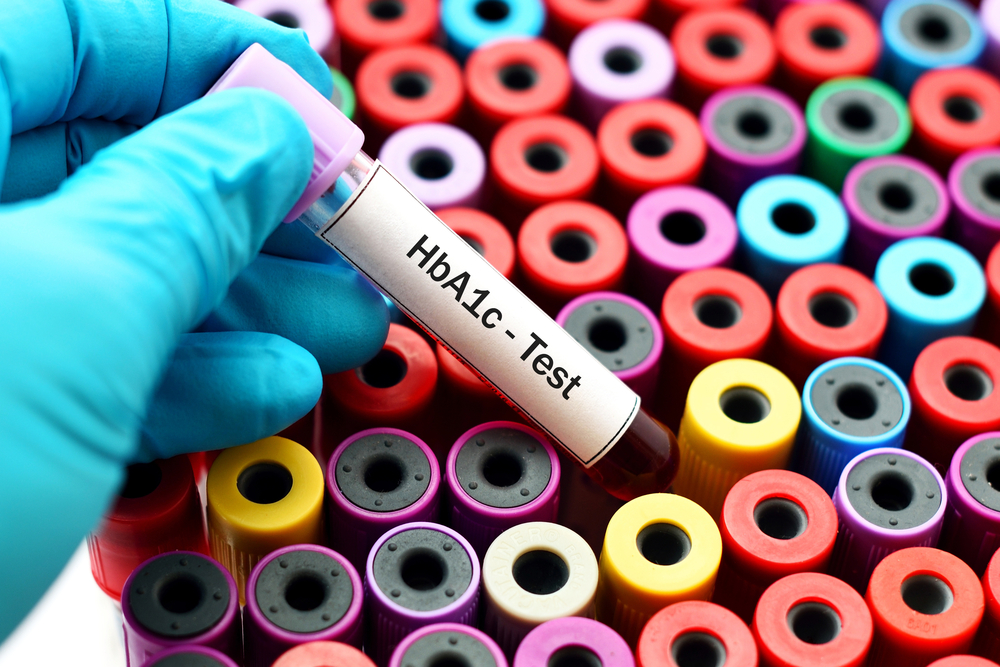Decoding Insulin Resistance – All You Need To Know

As its name suggests, insulin resistance is a state when body cells don’t respond properly to insulin. It is important to know about insulin resistance because it increases the risk of developing pre-diabetes and, eventually, Type 2 diabetes. Let’s look at why that happens.
As its name suggests, insulin resistance is a state when body cells don’t respond properly to insulin. It is important to know about insulin resistance because it increases the risk of developing pre-diabetes and, eventually, Type 2 diabetes. Let’s look at why that happens.
What is insulin?
Insulin is a hormone secreted by the pancreas to facilitate the entry of sugar (glucose) into body cells so that it can be used for energy. It also helps to store sugar in muscles, fat, and liver cells. Insulin maintains a fine balance between the glucose circulating in the blood and that stored in the liver. This keeps the blood sugar levels normal.
What happens when you suffer from insulin resistance?
Insulin resistance leads to a rise in blood sugar levels. When insulin resistance happens, muscle, fat, and liver cells do not respond to insulin appropriately, and absorption of glucose becomes difficult. As a result, the body needs higher levels of insulin to help glucose enter cells. Initially, this demand is fulfilled by the pancreas, but over time it fails to produce the required insulin, and this can lead to pre-diabetes and type 2 diabetes.
What causes insulin resistance?
Insulin resistance may occur due to the following factors:
- Family history of insulin resistance
- Obesity
- Sedentary lifestyle or no physical activity
- Pregnancy
- Certain medicines such as glucocorticoids
- Chronic stress
- Smoking
- Cushing syndrome
- Polycystic ovary disease
- Sleep disorders and problems
- High blood pressure
- High cholesterol levels
What are the symptoms of insulin resistance?
Most patients of insulin resistance have no symptoms, although a large waist circumference is a visible sign. Patients may also complain of the following symptoms:
- Lethargy or tiredness
- Excessive hunger
- Difficulty concentrating
- Weight gain, especially around the middle
- High blood pressure
- High cholesterol levels
How can you manage insulin resistance?
Insulin resistance increases the risk of developing Diabetes and heart diseases. So, every effort should be made to prevent its progression. This can be achieved in the following ways:
- Eat healthy foods: Choose foods lower in fat and calories and higher in fibre. Focus on fruits, vegetables and whole grains
- Physical activity: Aim for 30 minutes of moderate physical activity a day. Take a brisk walk daily
- Lose excess weight
- Take metformin: Metformin is a drug given to diabetic patients for maintaining insulin levels. It not only controls the release of glucose from the liver into the blood but also increases the sensitivity of cells to insulin for glucose absorption, which is helpful in managing insulin resistance.
You can easily manage or even avoid insulin resistance by making some lifestyle and dietary changes and going for regular health checkups. So, take the first step and ensure a healthy life for yourself and your loved ones.















